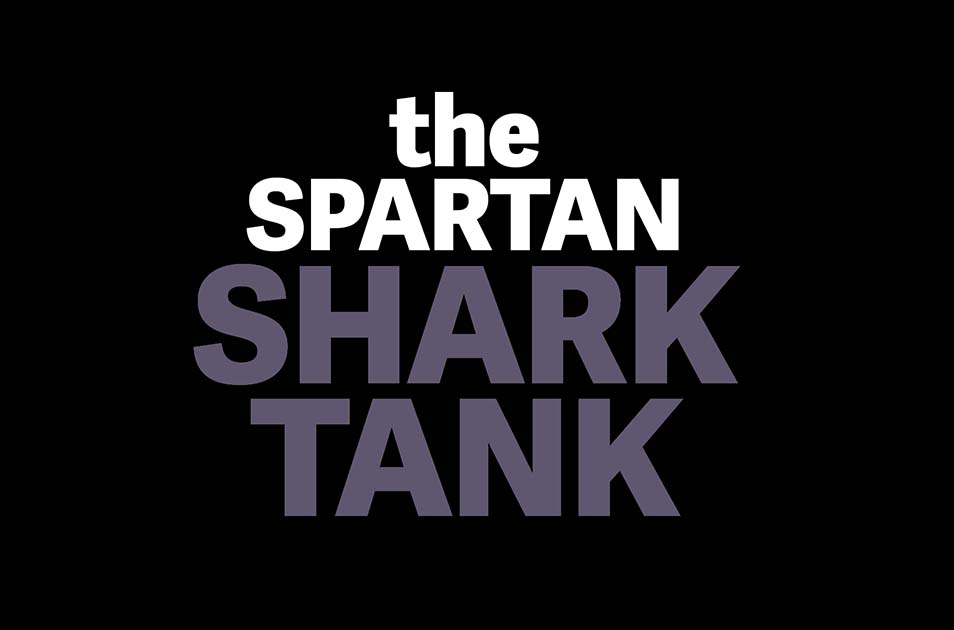Contact us
401 W. Kennedy Blvd.
Tampa, FL 33606-13490
(813) 253-3333
SPARTAN READY PHILANTHROPY

By Janet Siroto | Illustrations by Frank Stockton



One of the facets of the C.R.E.A.T.E. competition that made an impression on the judges was the room in which the students pitched their projects. “The wallpaper was designed with a local graphic designer to showcase words and photos that were related to developing and pitching concepts,” says Rebecca White, the James W. Walter Distinguished Chair of Entrepreneurship, director of the center and a professor of entrepreneurship. Words like dream, diversity, difference, incubation and inspiration run from floor to ceiling, and great inventors, from 18th-century engineer James Watt to Microsoft’s Bill Gates, are depicted.
More UT News